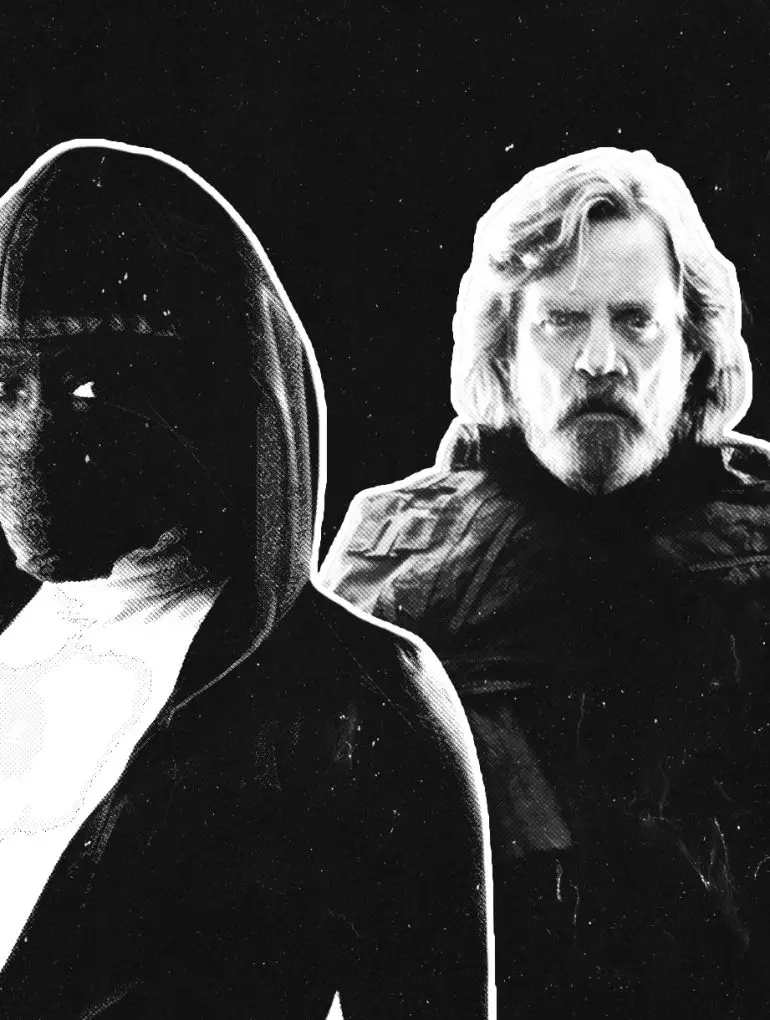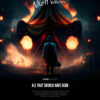The HBO adaptation of Watchmen, which wrapped up in mid-December, was a creative success beyond any expectation.
It was tense. It was entertaining. It took the general values and ethos of Alan Moore and Dave Gibbons’ famous 1980s graphic novel series and expanded the scope significantly. Damon Lindelof, co-creator of Lost and The Leftovers, proved the absolutely perfect choice to adapt the material, as it shared with his previous shows both complicated and expansive story arcs and the in-depth examination of tragedy.
The series was also helped by a strong cast and a very talented writing staff.
The Watchmen TV series could have easily played it safer. It could have merely been a straight adaptation of Moore’s series. That’s essentially the idea of Zack Snyder’s 2009 movie adaptation, which took great pains to exactly replicate the look and feel of the novels.
A Revisionist Remix
But Lindelof had more on his mind. He described the new show as a “remix” of the original Watchmen, but it was exactly a combination of a reboot, a sequel, and a revisionist re-imaging of the source material (apropos, since Watchmen was itself a revisionist take on the superhero genre). Whatever it was, it was the right choice.
The HBO Watchmen series is set mostly in a bizarro version of the present day, in Tulsa, Oklahoma. Liberal actor Robert Redford has been the president of the United States for many years, and has instituted reparations for slavery and other racial violence of the past, while a Klan-like militia called the Seventh Kavalry is leading a backlash. The main character is Angela Abar (Regina King), a police officer and part-time vigilante, and few of the characters from the original Watchmen are part of the main cast.
…a combination of a reboot, a sequel, and a revisionist re-imaging of the source material…
However, the series eventually introduces several of them – including Jean Smart’s Silk Spectre – and we get several flashbacks to different parts of the century-long Watchmen chronology.
Most notable is the astounding sixth episode, “This Extraordinary Being,” which takes us back through the history of mysterious original superhero Hooded Justice. Buoyed by amazing black and white photography, a tragic story arc, and a heartbreaking performance by Jovan Adepo, it’s the best television episode of 2019.
A Familiar Backlash
There are those who didn’t like this, who said that it “didn’t feel like Watchmen.” Others complained that Lindelof and his team “had to make Watchmen political” and had to make everything about race.
These arguments, like most of them, are self-evidently ridiculous. The original Watchmen, after all, was very, very political. It had Richard Nixon as a character and the political philosophies of the characters were important. The choice Lindelof made, in setting the film in the present day, was to replace Moore’s focus on the Cold War with an examination of America’s racial history. Controversial? Of course. But it also led to much of the HBO show’s best material.
The Watchmen dichotomy is similar to another that’s on everyone’s minds right now: Star Wars. Lindelof’s Watchmen is rather similar to Rian Johnson’s Star Wars: The Last Jedi, in that it’s essentially a revisionist version of an established property, which questions and interrogates long-held assumptions about what the form is and what it’s trying to say. And like Watchmen, The Last Jedi was produced without the involvement of the still-living original creator.
In that analogy, the SnyderWatchmen movie is like J.J. Abrams’ The Force Awakens, which wasn’t bad, per se, but played it much safer and stuck much closer to the source material and fan’s expectations about it.
Watching ‘Watchmen’
The 2019 Watchmen, much like The Last Jedi, also got a certain segment of fans very, very angry about not having gotten what they were expecting. But taking brave risks, and questioning assumptions, is what great art is supposed to do. And like Rian Johnson, Damon Lindelof also did just about everything right in terms of storytelling and visual inventiveness.
…like Rian Johnson, Damon Lindelof also did just about everything right in terms of storytelling and visual inventiveness.
It’s unclear if Watchmen will return for another HBO season; Lindelof has said in interviews that he’s told all the stories he has to tell about this universe. I’m divided on whether or not I’d like another showrunner to come in an have a crack at it.
But at the end of a decade in which it seemed as though everything there was to say about superheroes had already been said, I salute Damon Lindelof and HBO for allowing such a risky, out-there vision to exist and flourish.




